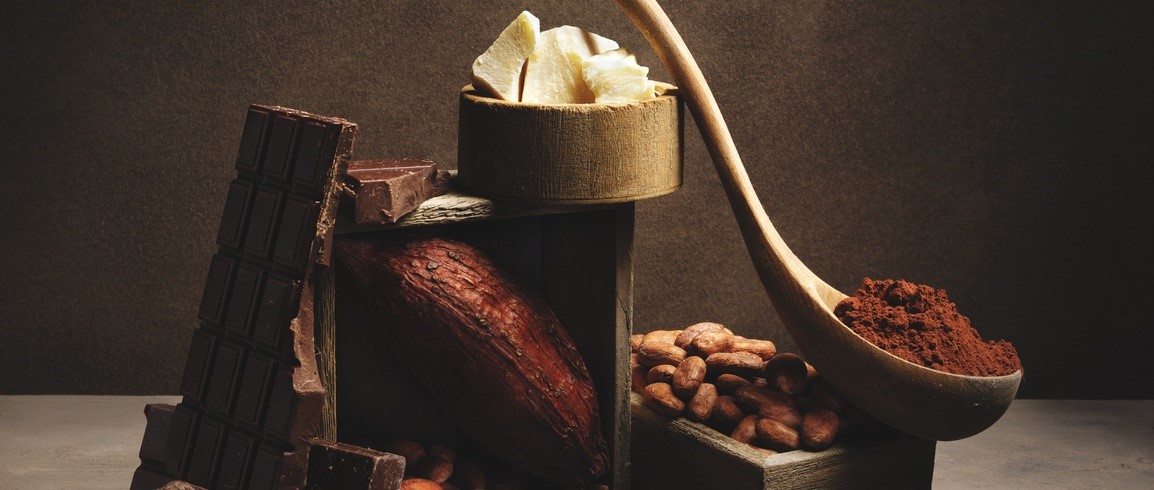
8 benefits of matcha tea
Peer reviewed by Dr Krishna Vakharia, MRCGPLast updated by Victoria RawLast updated 7 Apr 2025
Meets Patient’s editorial guidelines
- DownloadDownload
- Share
- Language
- Discussion
Brad Pitt drinks it instead of booze, Gwyneth Paltrow slathers it on her face, and Dean from The Apprentice calls it his favourite drink. But are there really health benefits to matcha tea? We look at what matcha tea contains and the evidence for what this may do for your body and mind.
In this article:
Video picks for Nutrition
What is matcha?
Matcha tea is a type of green tea, but it's grown in a precise way to give it a unique nutritional profile - and its vibrant green colour. While green tea leaves are loose, matcha tea leaves always come as a powder.
These days, matcha tea can be found in coffee shops, supermarkets, and health food stores. It's become a popular healthy alternative for coffee-loving caffeine fans, and its unique umami taste is used to flavour both savoury and sweet dishes.
Yet matcha tea is not a new invention and has a rich history in traditional Japanese and Chinese cuisine. The Western world is getting a taste for it - and becoming more aware of matcha tea health benefits.
How is matcha tea made?
Like green, black, and oolong teas, matcha tea is made from the Camellia Sinensis plant. But the growing process is more labour intensive, and involves shading the plant, steaming the leaves, drying them in a specialist machine, and grinding them into a fine powder. Each of these steps allows the product to hold onto many of the plant's health-boosting nutrients and antioxidants.
Unveiling the Power of Matcha - Beyond the Trend
What are the health benefits of matcha?
Back to contentsThere's a large body of evidence for the upsides of green tea, but less studies specifically look at matcha tea benefits.
Does matcha have the same benefits as green tea?
Many of the nutrients found in high levels in matcha - such as amino acids, polyphenols, and antioxidants like vitamin C - can do a lot of good for your body.
But before you stock your cupboards with matcha powder, it's worth remembering that there's not enough evidence from experts to recommend how much you should take to reap these benefits.
The best way to look after yourself is to eat a varied, colourful diet and eat all foods in moderation. When preparing matcha tea, only use hot water - boiling water can destroy some of these all-important nutrients.
1. Matcha tea and antioxidants
Antioxidants are molecules that help your body fight off harmful free radicals - unstable atoms that damage cells, causing illnesses and accelerating ageing.
Green and matcha teas are rich in compounds that act like antioxidants. For example, tea flavonoids can reduce inflammation and ward off infections.
2. Matcha tea and heart health
Natural compounds called polyphenols in green and matcha tea have been found to reduce your chances of heart disease, and associated conditions such as stroke and type 2 diabetes.
This is because polyphenols can help keep your cardiovascular system working properly by preventing plaque build-up and helping to improve blood pressure and cholesterol levels.
3. Matcha tea and brain health
Matcha tea and other green teas contain several compounds that are known to support brain function. For example, caffeine can reduce inflammation and damaged caused by free radicals in your brain, which may slow down age-related decline and promote memory performance.
Matcha also contains the compound epigallocatechin-3-gallate (EGCG) which has been shown to enhance brain function as well as help in the prevention of neurodegenerative diseases - including Alzheimer's disease.
4. Matcha tea and weight loss
There's growing evidence that matcha tea can also help people achieve healthy weight loss and protect you against metabolic disorders.
It's thought that compounds and antioxidants in matcha tea can promote fat oxidation during exercise - the process by which your body breaks down fat to use as energy.
The antioxidants also affect the signals sent between your gut and liver, believed to be important in preventing obesity.
5. Matcha tea and cancer
Although evidence is limited, some studies show promising results for green tea and cancer prevention.
Although little data exists on matcha tea benefits for cancer, scientists know that EGCG may play a part in the destruction of cancer cells, prevent cells from DNA damage, and inhibit tumour growth. We also know that EGCG is present in much higher quantities in matcha compared to green tea.
6. Matcha tea and stress
There may also be mental health benefits in drinking matcha tea - but current commercial products that are available to buy aren't likely to have much effect. An amino-acid called L-theanine - present in green tea and in higher concentrations in matcha - may help reduce stress and anxiety.
However, there's a need for more human studies, and the amount of caffeine in matcha tends to counteract this effect. Most commercial matcha teas contain too much caffeine for you to benefit.
7. Matcha tea, skin, and hair
The polyphenols, caffeine, and EGCG in matcha may promote healthy skin and hair and protect against problems, such as psoriasis, rosacea, and hair loss, when applied to these areas in creams.
They do this by preventing cell damage, protecting against UV light, and promoting hydration. However, before you invest in matcha cosmetic lotions, it's worth noting that not all extracted forms of these compounds absorb well into hair and skin.
8. Matcha tea and bone health
As we age, we can lose bone mineral density (BMD) and this can affect our ability to move about freely and painlessly.
But the antioxidant activity in polyphenols in matcha tea may counteract this, and studies have shown that regularly drinking green teas can even prevent common bone conditions.
For example, a study of postmenopausal women found that those who drank 1-3 cups a day were less likely to develop back pain or osteoporosis.
Continue reading below
Is matcha tea safe for everyone?
Back to contentsMatcha tea is generally considered safe to drink regularly. However, if you're sensitive to the effects of caffeine or are trying to cut down, you'll need to be careful of how much matcha you drink.
Although some of the matcha tea benefits are due to caffeine, too much caffeine can be bad for anyone. For healthy adults, up to 400 milligrams of caffeine a day is safe, which equals around four cups of coffee at 80-100 milligrams a cup.
In comparison:
Matcha tea contains between 76-178 milligrams a cup, meaning the strongest brews should be limited to two cups a day.
Green tea contains between 30-40 milligrams, the equivalent of 10 cups a day.
Black tea contains between 64-112 milligrams, the equivalent of three cups a day.
If you have iron-deficiency anaemia, you should not drink matcha tea with a meal as it contains tannins - compounds that can make it harder for us to absorb iron.
Patient picks for Nutrition

Diet and nutrition
Are pumpkin seeds good for you?
Pumpkin seeds aren't just for Halloween. While they might remind you of carving autumn jack-o'-lanterns, many people enjoy them year-round for their health benefits. Let’s take a closer look at what pumpkin seeds have to offer and see if they deserve a permanent spot in your diet.
by Victoria Raw

Diet and nutrition
7 cacao benefits: is raw chocolate best?
It's Easter shopping season, and we'll explore the growing trend for cacao chocolate products, the potential health benefits, and why eating in moderation is important. Because when it comes to your health, not all chocolate is created equal.
by Amberley Davis
Continue reading below
Article history
The information on this page is peer reviewed by qualified clinicians.
Next review due: 7 Apr 2028
7 Apr 2025 | Latest version
28 Sept 2023 | Originally published
Authored by:
Amberley Davis

Ask, share, connect.
Browse discussions, ask questions, and share experiences across hundreds of health topics.

Feeling unwell?
Assess your symptoms online for free
Sign up to the Patient newsletter
Your weekly dose of clear, trustworthy health advice - written to help you feel informed, confident and in control.
By subscribing you accept our Privacy Policy. You can unsubscribe at any time. We never sell your data.